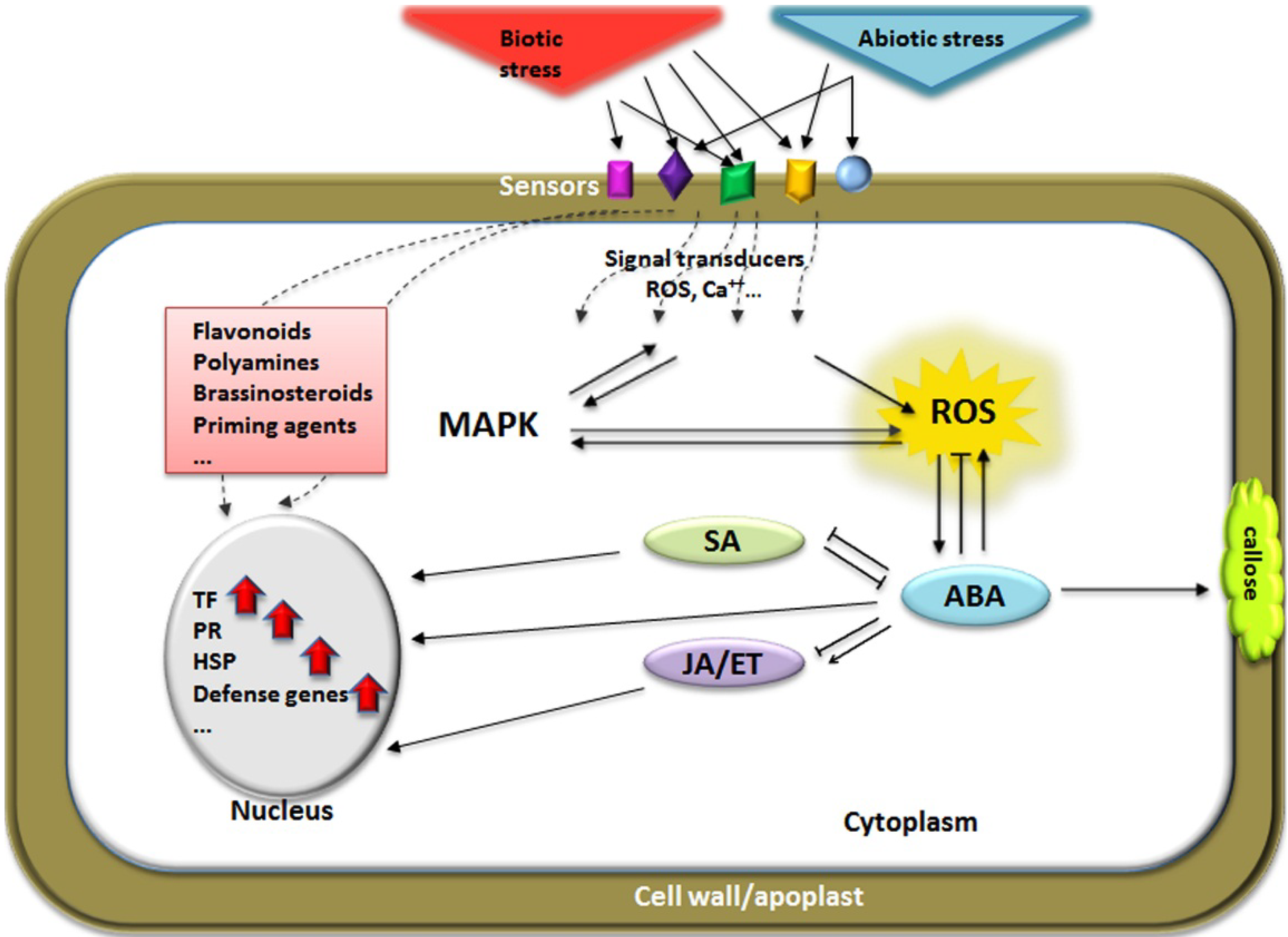Abiotic factors include sunlight, temperature, water, soil, carbon dioxide, dissolved oxygen and even the ph level of an ecosystem. These factors set the stage for life by determining where. Ecology is the study of the interaction of organisms in an area with their environment. The abiotic and biotic interactions maintain the equilibrium in the ecosystem. The abundance and distribution of organisms in an ecosystem is determined by biotic and abiotic factors.
These include factors such as wind, water, sunlight, soil, temperature and humidity. Abiotic factors can either. In this article, we will be discussing the abiotic factors in an ecosystem and the. Photosynthesis a chemical process used by plants to make glucose and oxygen from carbon dioxide and water, using light energy. Chemical and physical factors present in the atmosphere, hydrosphere, and lithosphere. Sunlight, air, precipitation, minerals, and soil. Biotic factors are living things within an ecosystem. These include humans, plants, fungi, animals and microorganisms including bacteria. Oct 19, 2023 · many abiotic factors—nonliving physical and chemical aspects of an environment, such as sunlight levels, soil chemistry, and climate—shape healthy ecosystems.
The Amazing Story Of AND And LYS
Beyond The Spreadsheet: The Human Side Of Resource Management
Whoa Man, That's Kinda Weird: Science Can't Explain This
